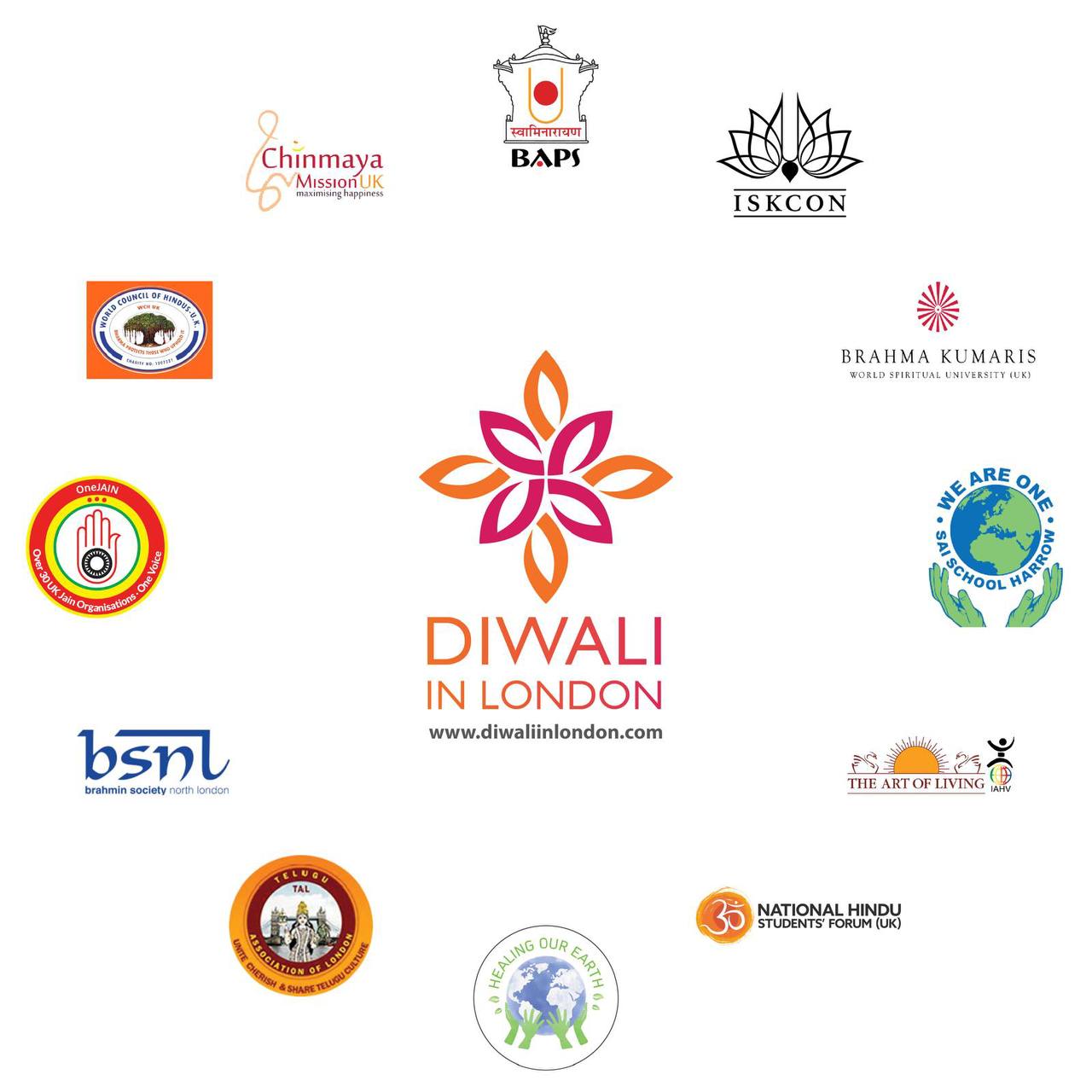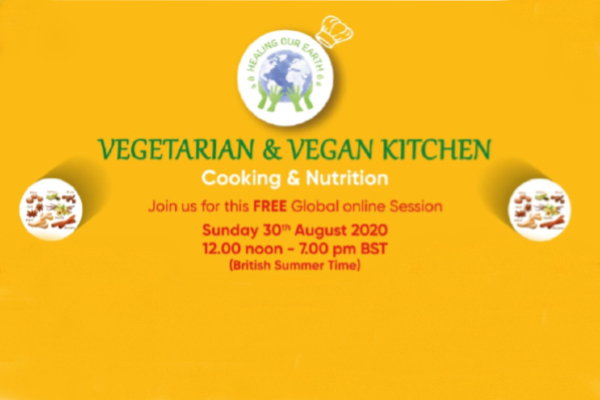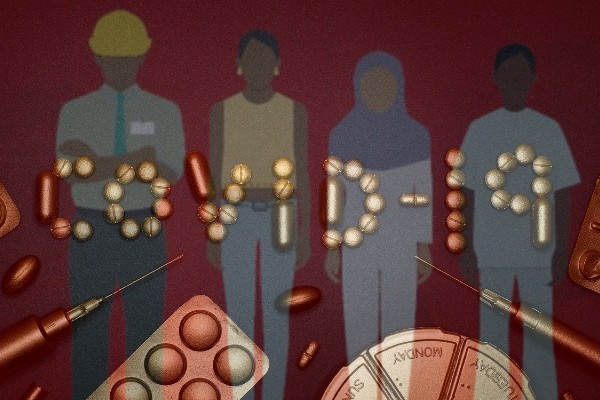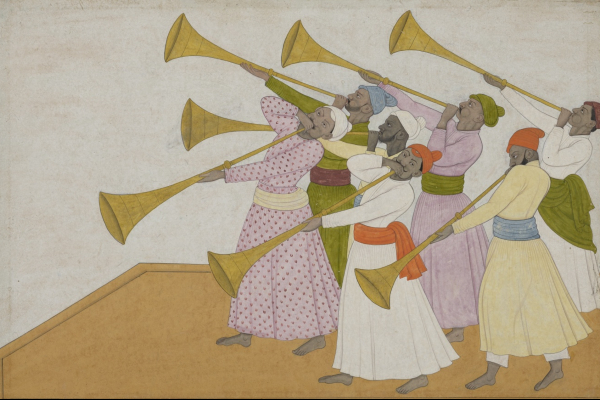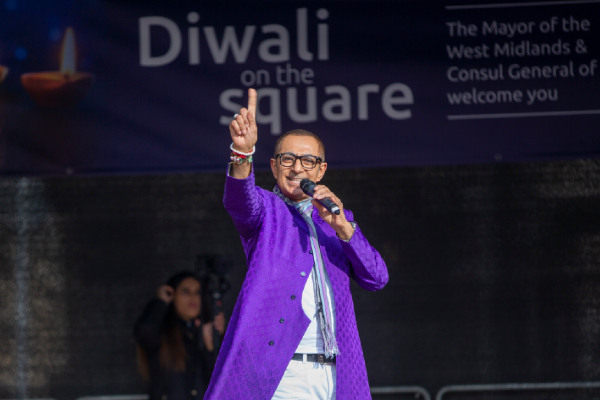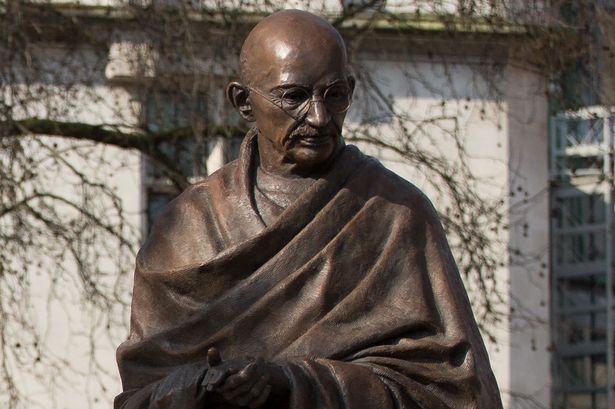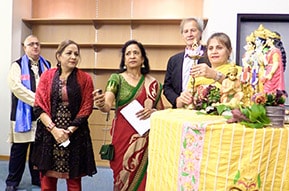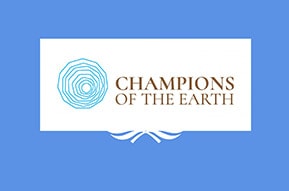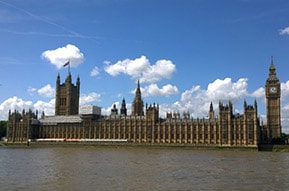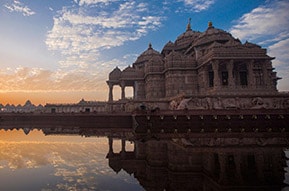Is Vegetarianism the Future
Is Vegetarianism the future?
The term vegetarian arouses confusion as to whether fish and eggs should be considered in the category of vegetarianism. Some people prefer to use the term ‘meat-free’. The so-called experts have come up with three key types of vegetarianism.
- Lacto-ovo-vegetarians eat both dairy products and eggs. This is perhaps most vegetarians adhere to and is popular.
- Lacto-vegetarians eat dairy products but not eggs.
- Vegans do not eat dairy products, eggs, or any other animal product.
In our everyday lives, people hear about the term vegan, but it is hardly easy to say one is a Lacto-Ovo vegetarian! So why is it good to be vegetarian?
There is strong spiritual context and Dharmic faiths encourage vegetarianism. In countries like India, the centre of dharmic life, more than 40% of the population is vegetarian according to the UN FAO data. Who said that vegetarianism is a fringe movement! Even in the UK, The Food Standards Agency stated that around 3% of the population is pure vegetarian and another 5% see themselves as a vegetarian. In reality, perhaps one in ten is a vegetarian.
While Britain is one of the few countries in Europe popular with vegetarians, the confusion about definitions raves on. You will hear terms like meat-free, part vegetarian, meat avoiders, flexitarian, meat reducers and so on.
Other than the faith angle, there is an ethical reason for how animals suffer and it morally wrong. But by giving up meat, fewer animals will die and fewer animals will be reared in the appalling conditions. Britain may be the bastion of the welfare rights of animals, but there are many parts of the world still lagging behind. Even in Britain, animals still suffer – what a life any living being to be reared so that it can be eaten. Watch the expression of any animal next to another one being slaughtered.
Farming animals intensely waste valuable resources. Such techniques require more grain and water for the animals. Increased fuel is also needed in the processing of meat from rearing and slaughter to the supermarket. Rearing animals for food also takes up valuable land space at often at the expense of nature’s wildlife. There is a detrimental impact on the environment as the forests that provide us with the air we breath are eroding. The list is endless and as the world’s population rises, so does the pain to animals and destruction of the environment.
On the other side, there is evidence to suggest that being vegetarian is good for your health. A Japanese study showed that by simply including meat in the diet increased the chance of heart disease by one-third. There is ample evidence that meat can be bad for you. And for those critics who deny the fact have to differentiate between good and bad vegetarian diets. Of course, one has to have a balanced diet when being vegetarian, but the notion that certain nutrients can only be gained from eating meat is ridiculous. When over 500,000 million people are vegetarians and their choice of cuisine is now popular all over the world, whose stomach is really content?

